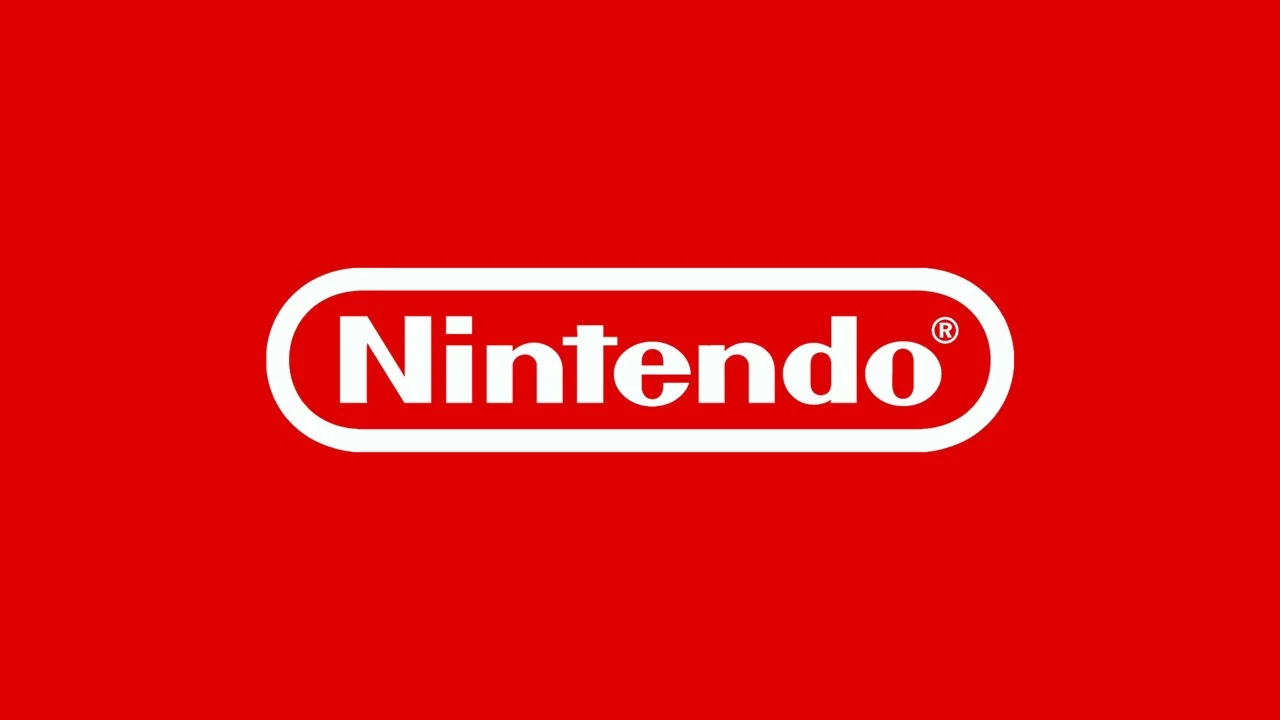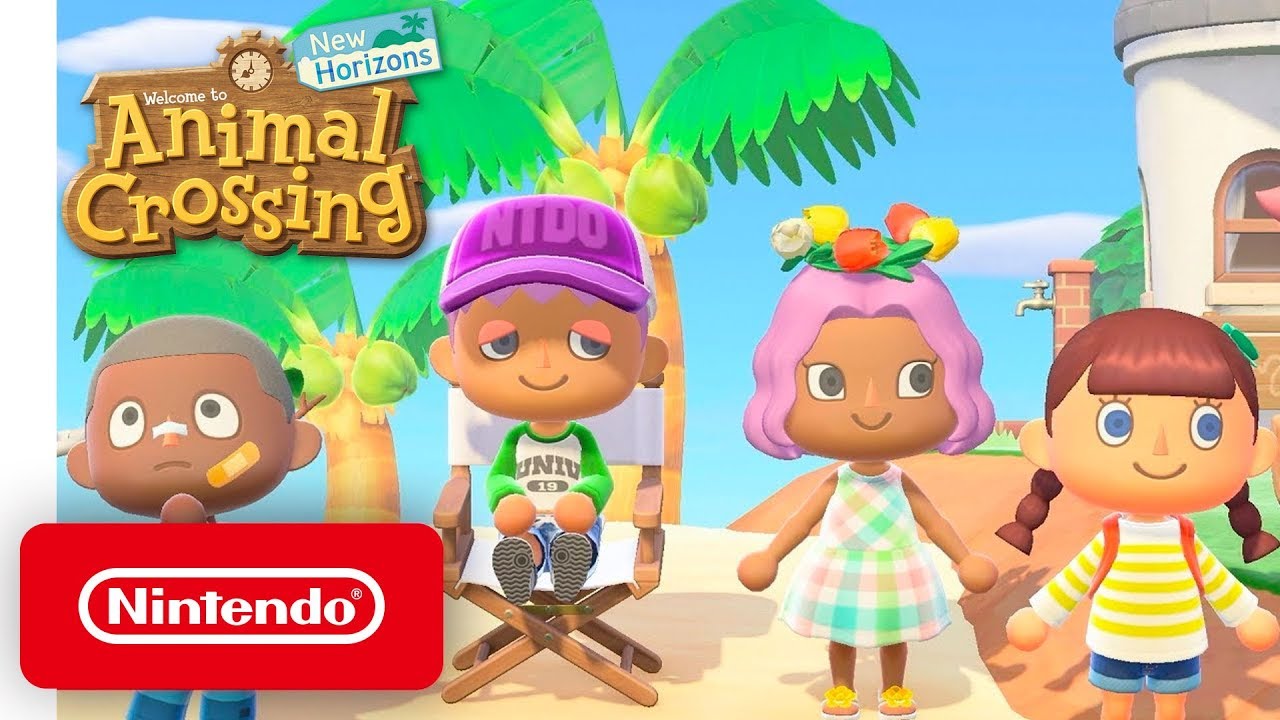Nintendo’s End User License Agreement (EULA) for the upcoming Nintendo Switch 2 has sparked debate in Brazil, as consumer advocacy agency Procon-SP raises concerns about the company’s power to permanently ban consoles detected running pirated software.
Originating from a specific clause in Nintendo’s EULA, this issue highlights a key point of contention between global gaming companies and unique national consumer protection laws. The controversy gained traction following a June 25 press release from Procon-SP, São Paulo’s notable consumer protection agency.
The statement calls on Nintendo to revise terms it deems "abusive" according to Brazilian law, particularly the provision that allows the company to irrevocably disable a Nintendo Switch 2 in the event of piracy-related violations.
This policy has reportedly resulted in users receiving error code 2124-4508, effectively stripping them of access to all online functions, digital libraries, and related services. Procon-SP contends that the EULA’s punishment for piracy — a lifetime ban from Nintendo’s online network — constitutes an excessive penalty that is out of compliance with Brazil’s Consumer Defense Code.
According to the agency, such measures infringe on established consumer rights by imposing restrictions not adequately justified under Brazilian statutes.
"Without a legal representative present in Brazil, consumers lack a clear channel for dispute resolution," stated Álvaro Camilo, Director of Customer Service and Guidance at Procon-SP.
He emphasized that this gap makes it difficult for consumers to hold the company accountable and ensure their rights are protected in line with local legislation. Further complicating the issue is Nintendo’s current lack of legal representation in Brazil.
While the company has secured a local law firm exclusively to address this matter, Procon-SP asserts that this limited engagement falls short of the legal framework required for comprehensive consumer support under national law.
The agency has set a 20-day deadline for Nintendo to address its concerns and revise the EULA clauses in question.
Failure to respond could trigger further regulatory actions. Nintendo’s global reputation for strict anti-piracy measures is well documented, but this case underscores the complexity of enforcing such policies across international markets with varying legal environments.
As the anticipated release of the Nintendo Switch 2 approaches, the outcome of this dispute may signal how multinational gaming firms adapt their user agreements to comply with diverse legal standards and uphold consumer protections outside their home territories.
Originating from a specific clause in Nintendo’s EULA, this issue highlights a key point of contention between global gaming companies and unique national consumer protection laws. The controversy gained traction following a June 25 press release from Procon-SP, São Paulo’s notable consumer protection agency.
The statement calls on Nintendo to revise terms it deems "abusive" according to Brazilian law, particularly the provision that allows the company to irrevocably disable a Nintendo Switch 2 in the event of piracy-related violations.
This policy has reportedly resulted in users receiving error code 2124-4508, effectively stripping them of access to all online functions, digital libraries, and related services. Procon-SP contends that the EULA’s punishment for piracy — a lifetime ban from Nintendo’s online network — constitutes an excessive penalty that is out of compliance with Brazil’s Consumer Defense Code.
According to the agency, such measures infringe on established consumer rights by imposing restrictions not adequately justified under Brazilian statutes.
"Without a legal representative present in Brazil, consumers lack a clear channel for dispute resolution," stated Álvaro Camilo, Director of Customer Service and Guidance at Procon-SP.
He emphasized that this gap makes it difficult for consumers to hold the company accountable and ensure their rights are protected in line with local legislation. Further complicating the issue is Nintendo’s current lack of legal representation in Brazil.
While the company has secured a local law firm exclusively to address this matter, Procon-SP asserts that this limited engagement falls short of the legal framework required for comprehensive consumer support under national law.
The agency has set a 20-day deadline for Nintendo to address its concerns and revise the EULA clauses in question.
Failure to respond could trigger further regulatory actions. Nintendo’s global reputation for strict anti-piracy measures is well documented, but this case underscores the complexity of enforcing such policies across international markets with varying legal environments.
As the anticipated release of the Nintendo Switch 2 approaches, the outcome of this dispute may signal how multinational gaming firms adapt their user agreements to comply with diverse legal standards and uphold consumer protections outside their home territories.






